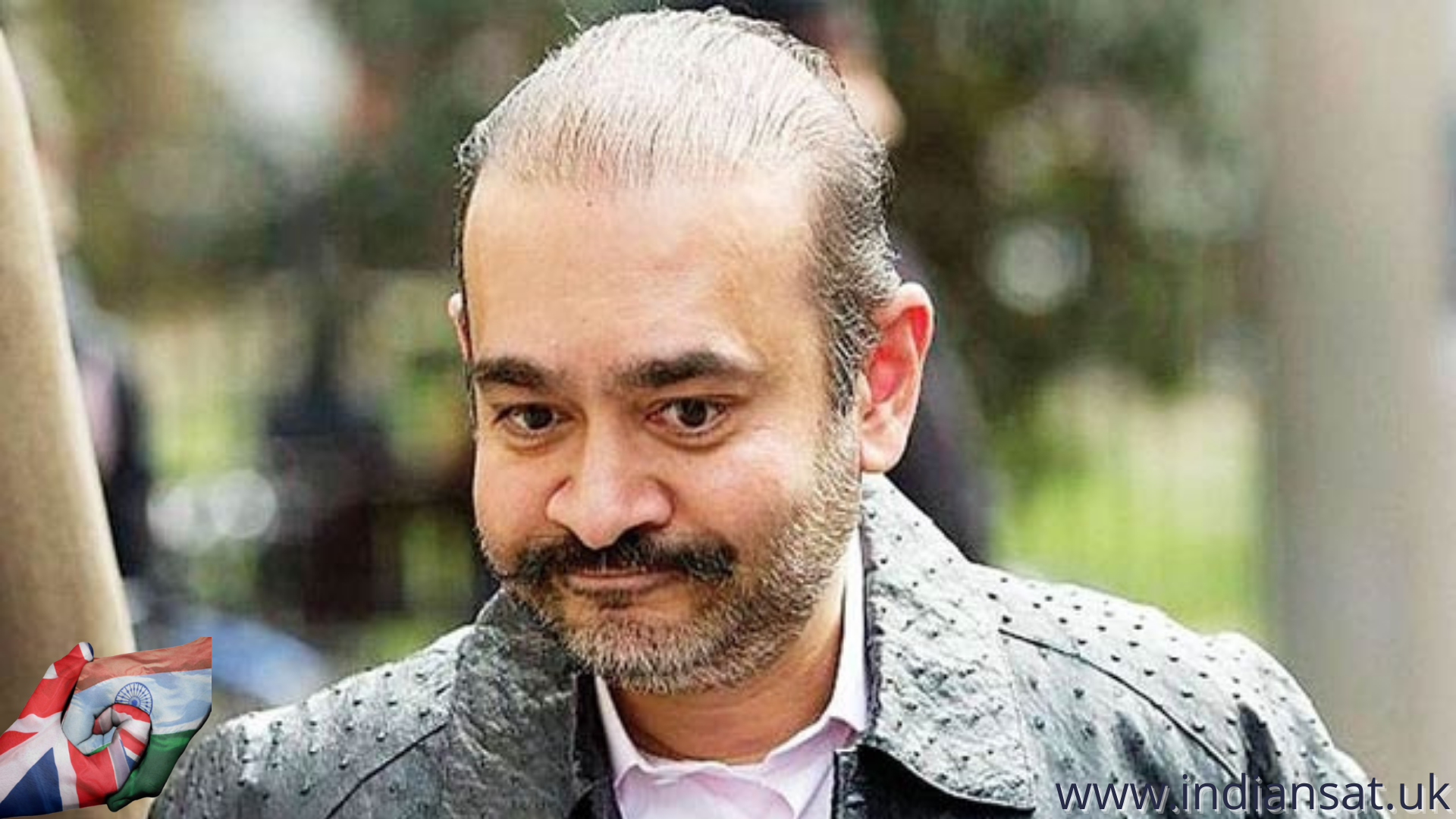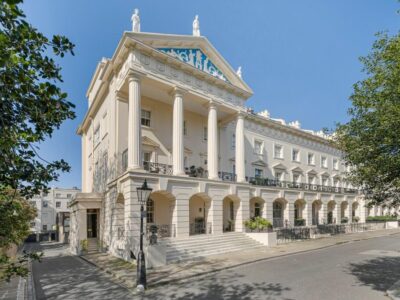Nirav Modi made a last-ditch attempt to appeal extradition to India in a hearing at the high court here on Wednesday.
Justice Chamberlain will hand down judgment as to whether Nirav will be granted permission to appeal his extradition in the coming weeks. If he denies permission, Nirav will have to be extradited to India within 28 days of his order unless he obtains an emergency injunction, known as interim measures pursuant to Rule 39, from the European Court of Human Rights in Strasbourg, France. Interim measures are usually decided in 48 hours.
Fitzgerald told the court that Nirav was so mentally unwell he would qualify for being “sectioned” under the UK’s mental health act, and that he had a long history of depression and suicidal thoughts, which ran in the family as his mother had jumped off the balcony when he was eight.
Arguing that district judge Sam Goozée in the lower court, in sending Nirav’s case to the home secretary, had been wrong to dismiss his state of depression as “far from unusual” and the risk of suicide as not “immediate”, Fitzgerald said Nirav had considered killing himself with razors “to avoid being killed”.
Helen Malcom QC, representing the Indian government, said it was not oppressive to extradite “anyone who is depressed and has considered suicide”.
But Fitzgerald argued it would be oppressive to extradite Nirav if he could become unfit to plea in the future. Fitzgerald also argued it was “perverse” of the judge to say a video of Barrack 12 at Arthur Road Jail demonstrated better conditions than Wandsworth prison, saying that the jail was overcrowded and Covid-infested, and the “healthcare system in India was on the brink of collapse”.
Fitzgerald claimed Nirav would be denied a fair trial in India as there was an “increasing politicisation of Indian judges” and there had been repeated public denunciations “prejudging Nirav’s’ guilt” by Indian government ministers, including Ravi Shankar Prasad and Nirmala Sitharaman, as well as “gratuitous condemnations pre-trial” by judges, including Justice Manmohan Singh.
He cited the “freezing of assets of Amnesty International” and the UN working group on arbitrary detention’s verdict on Christian Michel’s “mistreatment” as examples of ” undermining the rule of law” in India. But Malcolm said India had a proud independent legal tradition and there had never been an extradition case refused because of denial of fair trial in India.
![]()






